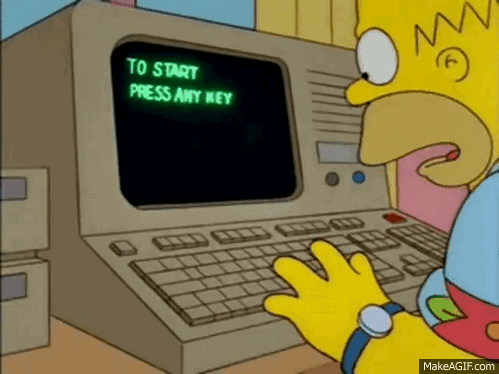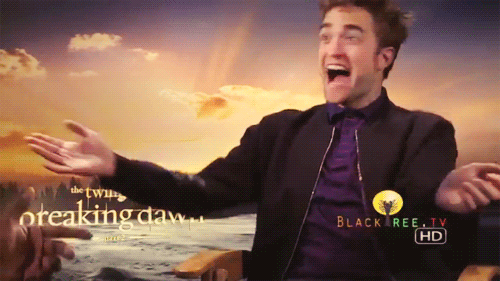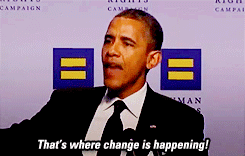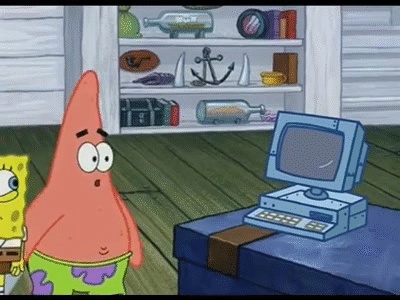I finally decided that the best tools for conveying how I see the world of HCC were the very ones I am currently conducting my research on: the Internet, social media, blogs, the written word and, best of all, GIFs.
Without further ado, I give you, THE WORLD OF HCC...
Let's start with a high-level view of this world. According to Wikipedia (yes, I'm using Wikipedia and if you doubt the validity of Wikipedia, please read this), the field of Human-centered computing (HCC) "studies the design, development, and deployment of mixed-initiative human-computer systems" and has "emerged from the convergence of multiple disciplines that are concerned both with understanding human beings and with the design of computational artifacts."
Technological artifacts are deeply embedded in our lives.
Therefore, it is crucial to seek to understand the interplays between technology and people as well as the multiple contexts that affect and are affected by them, including, social, historical, political, and cultural.
How do we do this? From an interdisciplinary approach that includes theories and methods from multiple fields including but not limited to, psychology, sociology, computer science, communication studies and..... that's right....
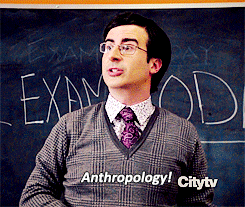
Some of the main theories, frameworks, and methods employed by HCC include:
ACTIVITY THEORY
Social computing is concerned with the social aspect of people and their behavior through the study of how individuals interact and collaborate online.
There are many areas within social computing including social media, social networking, social perceptions, crowdsourcing, gaming, collective intelligence, and many more.
Let's travel to a specific state on the coast of the country of social computing called social media. Within the state of social media exists many different counties and cities. One of the biggest of these is Facebook.
Let's zoom out once again to the world of HCC in order to sail across the sea to the country of Information Communication Technologies for Development (ICTD).
In my view, between these two countries there is an island called, Michaelanne's Research. Currently, there are bridges under construction that connect to the countries of Social Computing and ICTD.
Presently, this island is concerned with studying the use of social computing technologies....
...through the lens of ICTD theories (such as postcolonial computing)...
.... particularly in the country of Cuba.
This island wants to understand how people in historically isolated situations....
...are impacted by the introduction of social computing technologies and how they appropriate these technologies.
Also, how we can design systems with people that are appropriate for their needs and the contexts in which they find themselves?
So in summary
So we have HCC...
Social Computing...
ICTD
And my work...
Not really
